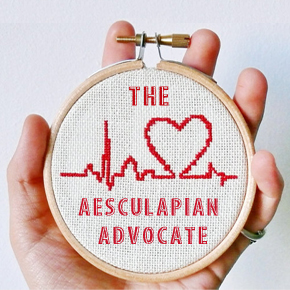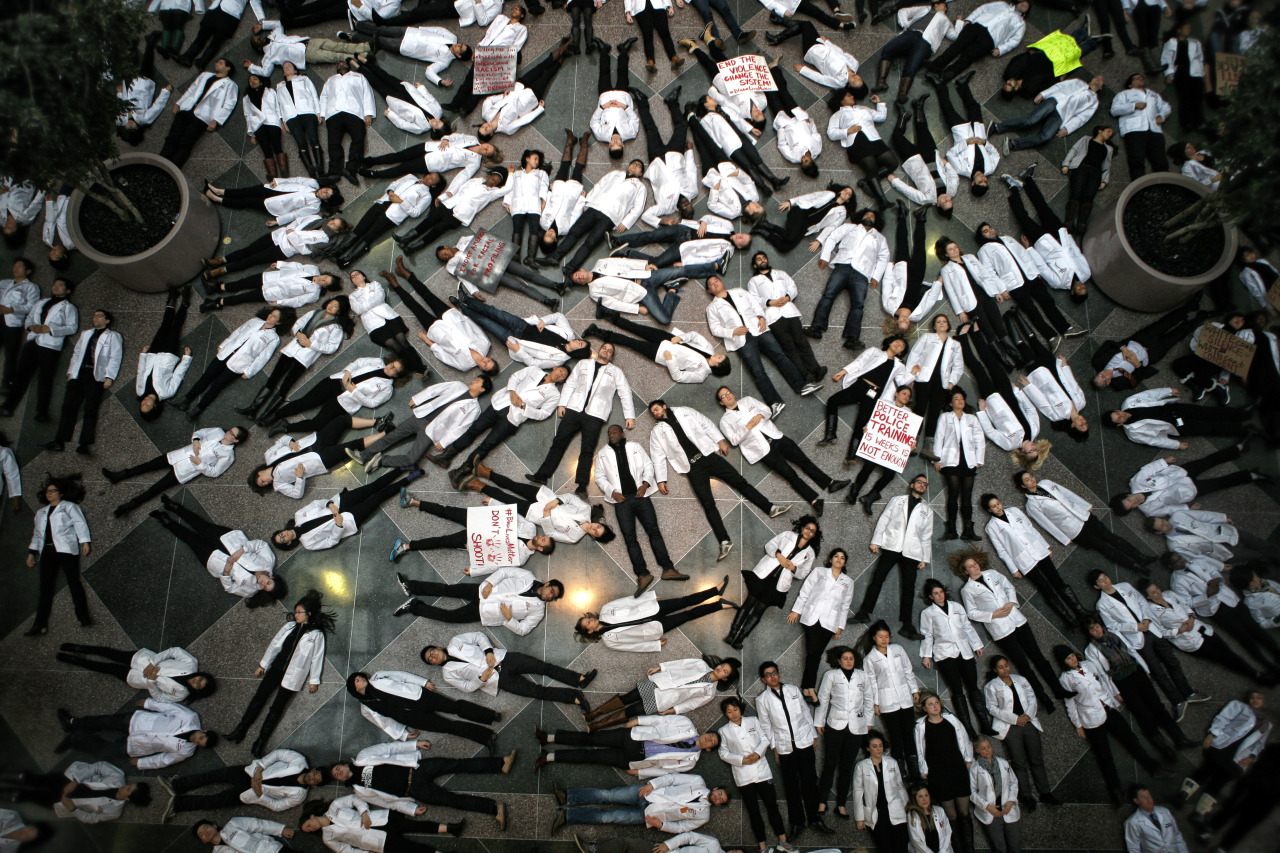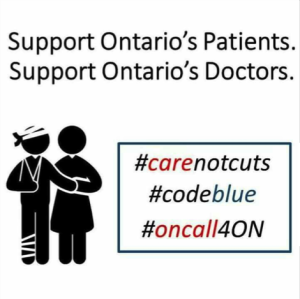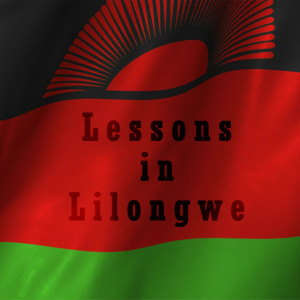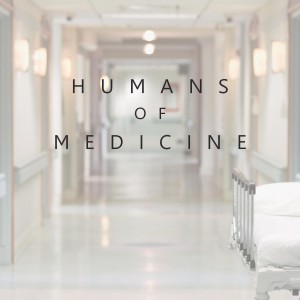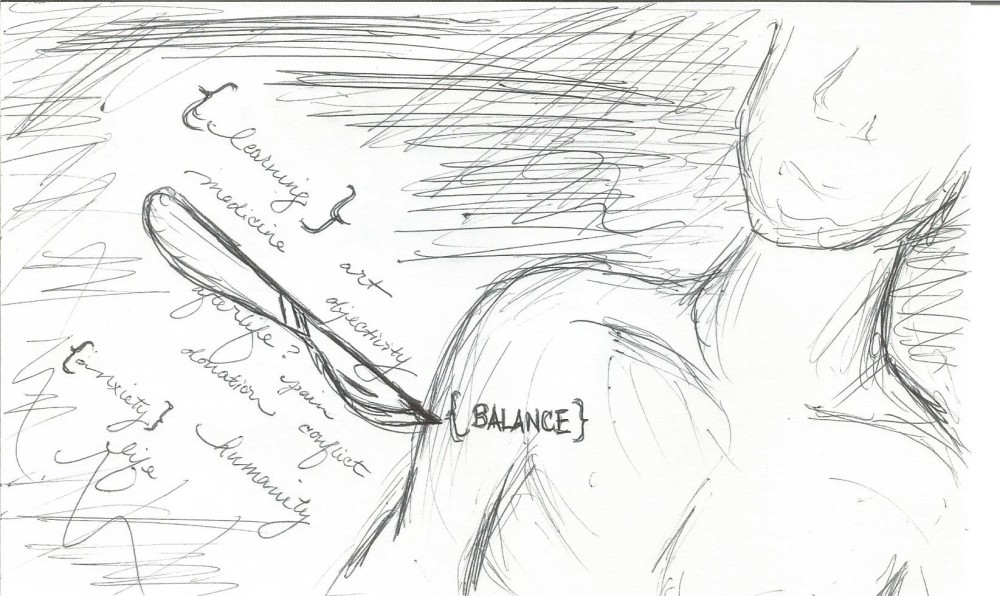The Color of Medicine: White Coats for Black Lives
December 10, 2015 marks the one-year anniversary of the inception of White Coats for Black Lives, a national organization of medical students that aims to eliminate racial bias and racism in the practice of medicine — as they are threats to the health and well-being of people of color.


